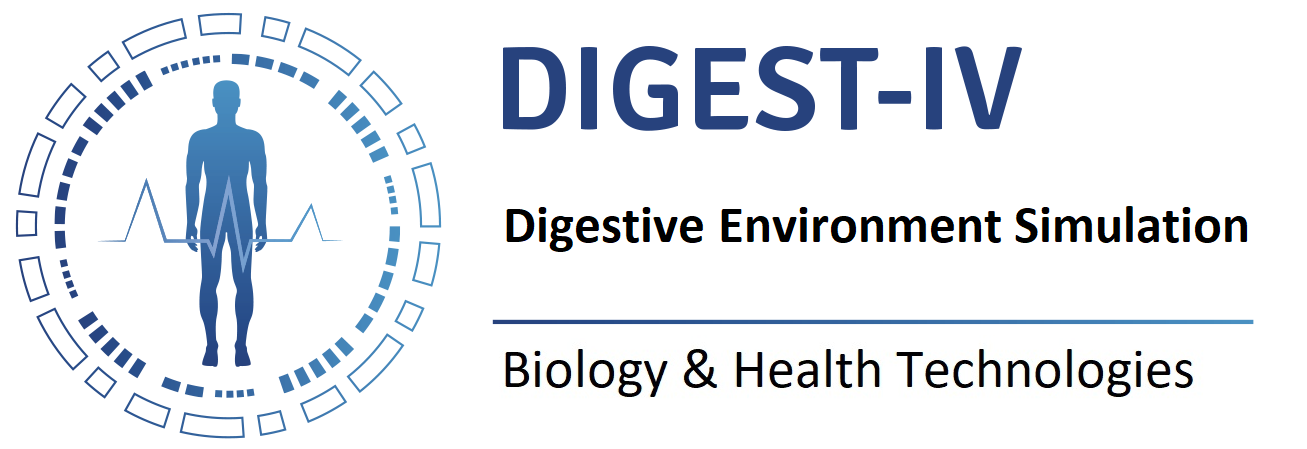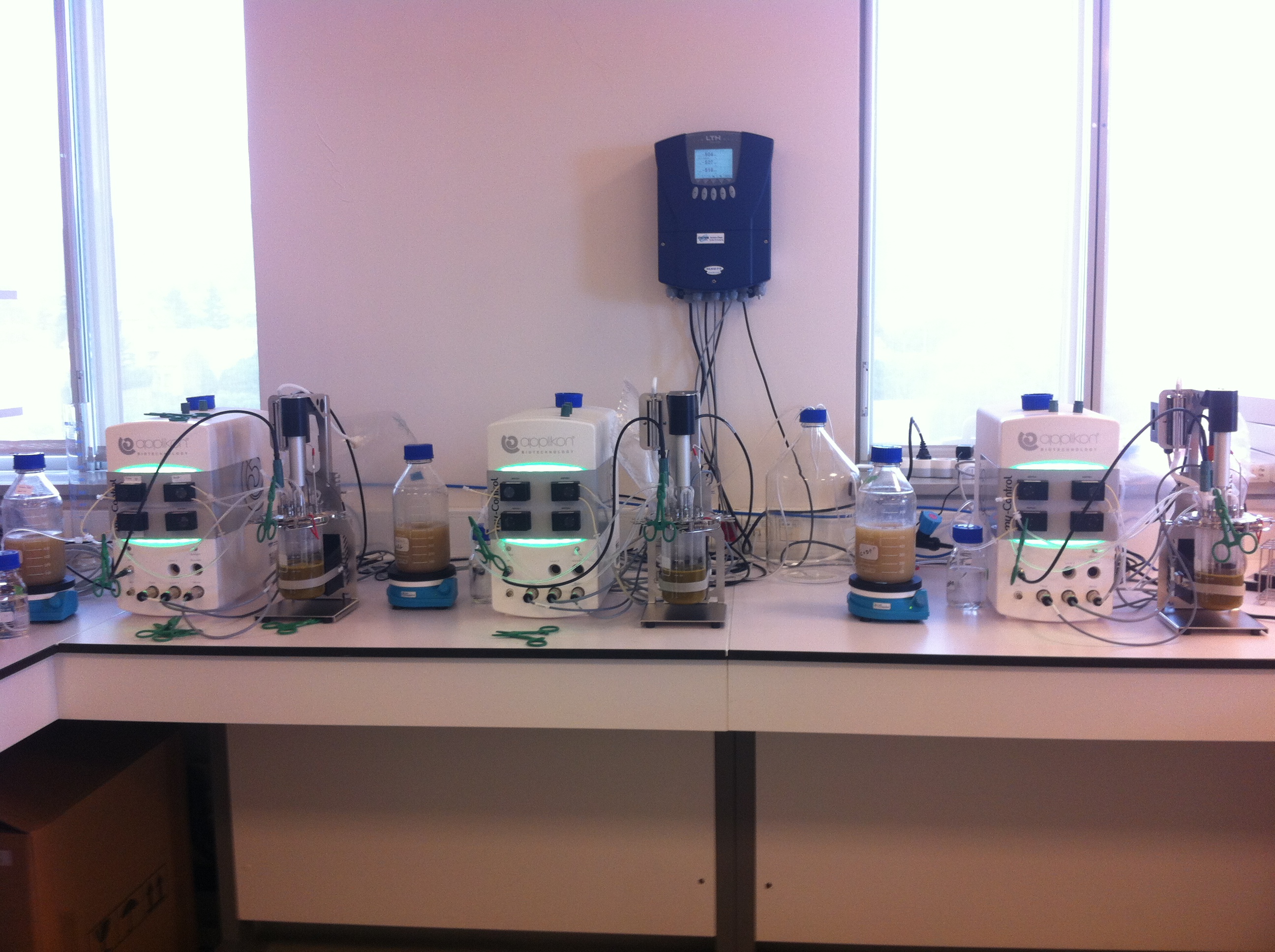Digestive Environment Simulation (Digest-IV)
About us
With an expertise of more than 20 years in the field of in vitro digestion and a knowledge of the digestive environment (entry door of any ingested or orally administered product), the staff of the Digestive Environment Simulation platform (Digest-IV) offers to the academic or industrial scientific community, services that are mainly based on the use of dynamic systems that simulate the main gastrointestinal functions of man or the monogastric animal. These systems are particularly pertinent for the screening and the development of new products, formulations or concepts in the fields of food and feed industries, nutrition, pharmacy, microbiology, toxicology, biotechnologies and health in general.
Free of ethical constraints inherent to human and animal experimentation, these tools allow, in various operating conditions, the study of many products and their interactions with the digestive environment (the microbiota in particular).
Technologies / Facilities / Equipments
Partnership
Close relationship with the Galbiopharm platform and the "Unité d'Exploration en nutrition" of the CRNH Auvergne..
Contacts
Director
Tel.: +33(0)4 73 17 79 52
+33(0)6 80 06 12 98
Scientific leader
Tel.: +33(0)4 73 17 83 90
Operational leader
Tel.: +33(0)4 73 17 79 53
Access
Planning delay: 3 months minimum
Address
Faculté de Pharmacie. 28 place Henri Dunant. Bât CBRV. BP 38
63001 CLERMONT-FERRAND CEDEX 1, France




